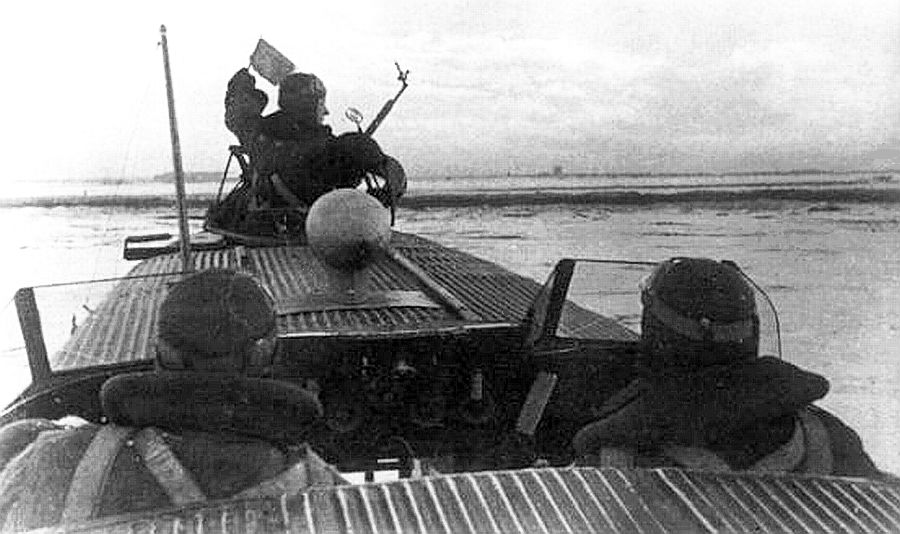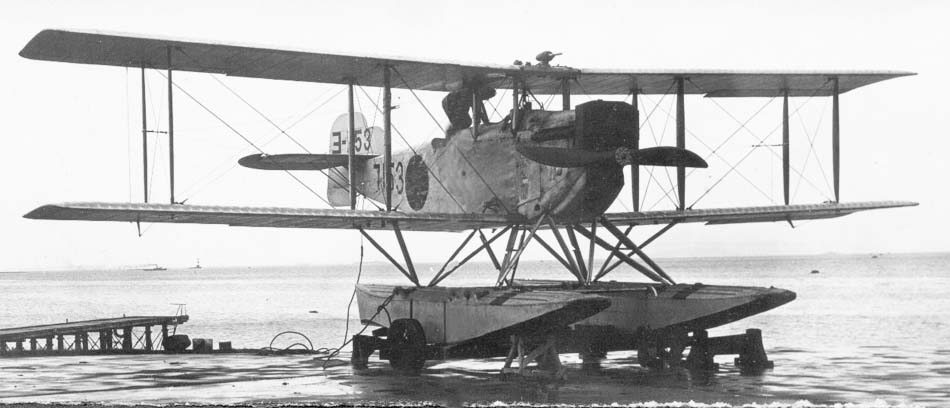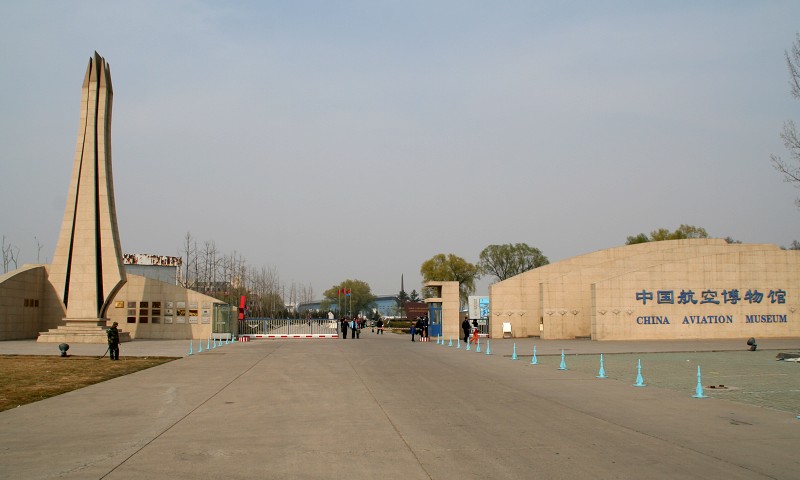
Analysis of the causes of the long-running conflict in Xinjiang Province, China
The troubled Xinjiang Province is one of China's main sources of internal instability. The following article analyzes the causes of this conflict and presents its main actors.








